No one wants to have bad breath. Halitosis may interfere with your social life and can affect your professional and personal life. Bad breath in the morning may be nothing to cause concern. However, chronic halitosis could be a sign of a more advanced dental health concern.
If regular oral hygiene does not wash away the smell, visit our Plano dental office for an oral health exam. You could be experiencing dry mouth, odor-causing bacteria, or other oral health condition.

What Causes Bad Breath?
Poor personal oral hygiene, infected gums, tooth decay, and a buildup of bacteria on the tongue or in the mouth can cause bad breath. Even an upset stomach can lead to halitosis or bad breath. People who don’t brush and floss at least twice daily can have bad breath.
The most common cause of bad breath is excess bacteria in the mouth. You can not remove hardened or embedded bacteria at home with a toothbrush and floss. The bacteria in the mouth builds up from food particles and creates plaque that brushing and flossing can’t remove.
Plaque causes tooth decay and gum disease. It affects your tongue, skin, and soft tissues. The bacteria engage in a metabolic process that releases sulfur-compounded gases. This is the odor we smell, causing the most common type of halitosis.
Less common is bad breath because of postnasal drip from allergies, normally in the sinus. The final type is gastroesophageal reflux disease (GERD). The stomach expels gastric contents into the mouth, usually at night. Whatever the reason, we can diagnose the cause and provide solutions.
Treating Bad Breath
Let our registered dental hygienists professionally clean your teeth at least twice a year or every six months. This will remove any buildup of odor-causing plaque. Our dentists will recommend the right antibacterial rinse and other home-care products.
Of course, one of the best ways to eliminate bad breath is to eliminate tooth decay. Take proper care of your teeth and gums, and visit your dentist regularly for checkups and professional cleanings. Frequent visits to our Plano dental office will help Dr. Chen catch the signs of complex oral health concerns early. We will provide conservative and comprehensive dental care.
Brush your teeth with a soft-bristle toothbrush at least twice daily, preferably after each meal. Leaving food particles in your mouth will lead to bacteria. If you can’t brush after a meal, at least rinse your mouth with plenty of water. This breaks loose as much food as possible trapped between your teeth.
Brush using small circular motions and hold your toothbrush angled toward the teeth at the gum line. This is where particles, bacteria, and debris tend to collect. Floss at least once at the end of the day right after you brush, and then rinse your mouth with an antibacterial rinse.
Another effective way to eliminate halitosis is by using a special tongue scraper. If your chronic bad breath is not a dental issue, we recommend discussing it with your general practitioner. A range of health concerns, medications, and lifestyle habits can be contributing factors.
